Youth Poet Laurate Amanda Gorman has been making headlines lately not only for her inauguration and Super Bowl appearances but also because she was diagnosed with an auditory processing disorder when she was in kindergarten. We’ve asked hearing and speech experts Tommie L. Robinson Jr., PhD, CCC-SLP, and Irene P. Sideris, PhD, CCC-A, to explain more about this disorder, how it’s diagnosed and how it’s treated.
What is an auditory processing disorder?
An auditory processing disorder, also known as a central auditory processing disorder, is a condition that causes people to have trouble making sense of the sounds they hear. It is not hearing loss or a learning disorder, but because it can lead to learning delays, children with the disorder might need extra help in school.
About 5% of school-aged children have an auditory processing disorder, and, while their hearing is normal, their brains have trouble recognizing and interpreting the sounds, especially speech. For example, children with auditory processing disorders might have trouble distinguishing between similar sounding words such as “cat” and “bat” or they may have trouble understanding what is being said to them in noisy places.
What are the symptoms of auditory processing disorder?
Auditory processing disorders can affect the way a child speaks as well as their ability to read, write and spell. Symptoms can include:
- Difficulty paying attention or understanding what’s being said in noisy environments
- Asking “what?” a lot
- Trouble following multiple-step directions
- Misunderstanding what’s being said
- Difficulty understanding sarcasm
- Being bothered or distracted by loud or sudden noise
- Trouble reading, spelling or writing
- Trouble with verbal math problems
- Trouble following conversations
Many of these symptoms overlap with other problems such as learning disabilities, attention deficit hyperactivity disorder (ADHD) and autism, so you should have your child diagnosed by an audiologist if you suspect they have an auditory processing disorder.
How are auditory processing disorders diagnosed?
It’s important for auditory processing disorders to be diagnosed early in life — if they aren’t caught and treated early, they can lead to speech and language delays or problems learning in school.
Children with suspected auditory processing disorders often require a battery of tests to obtain an accurate diagnosis. This may include an auditory processing test battery, completed by an audiologist, as well as a speech-language evaluation, completed by a speech-language pathologist. Children are often not evaluated prior to the age of 7, as many auditory processing tests do not have normative data available for children under 7 years of age. Younger children with concerns for auditory processing disorders may benefit from a speech-language evaluation.
Once a diagnosis is made, the audiologist will recommend appropriate treatment.
How are auditory processing disorders treated?
It is possible to overcome these auditory processing disorders, but it takes work — proper therapy, accommodations and teacher, family and peer involvement. This can include:
- Speech-language therapy to help develop good speaking and hearing skills.
- Assistive listening devices such as special hearing aids and frequency modulation (FM) systems to help reduce background noise and make a speaker’s voice louder so a child can understand it.
- Computer-assisted programs geared towards children with an auditory processing disorder to help their brains do a better job of processing sounds in noisy environments.
- Environmental modifications that improve signal-to-noise ratios such as reducing background noise with carpeting, adding tennis balls or felt to the bottoms of chairs and removing extra noises from classrooms and homes.
- Special school accommodations to facilitate learning, such as sitting at the front of the classroom or using a tape recorder to take notes.
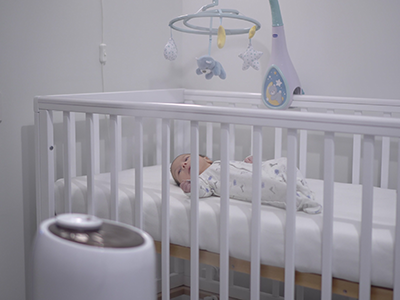 https://riseandshine.childrensnational.org/wp-content/uploads/2024/04/baby-sleeping-in-crib-feature.png
300
400
Danielle Robbins
https://riseandshine.childrensnational.org/wp-content/uploads/2017/11/childrens_riseandshine_logo.jpg
Danielle Robbins2024-04-19 10:54:482024-04-22 11:13:49The truth about baby sound machines and hearing loss
https://riseandshine.childrensnational.org/wp-content/uploads/2024/04/baby-sleeping-in-crib-feature.png
300
400
Danielle Robbins
https://riseandshine.childrensnational.org/wp-content/uploads/2017/11/childrens_riseandshine_logo.jpg
Danielle Robbins2024-04-19 10:54:482024-04-22 11:13:49The truth about baby sound machines and hearing loss






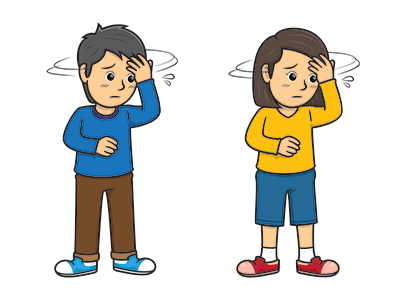
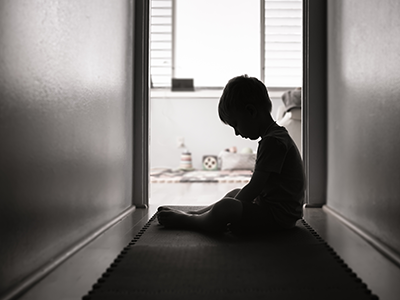

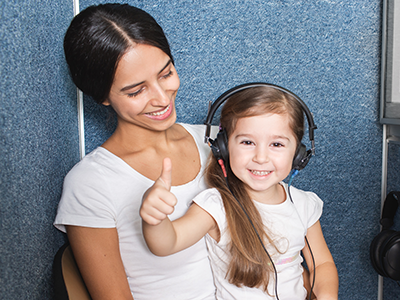

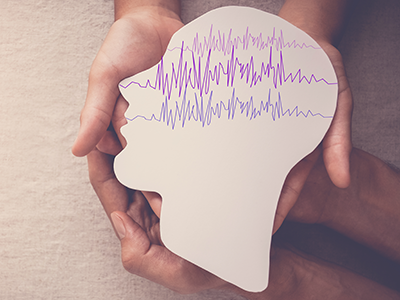


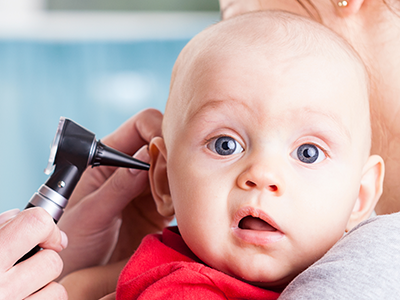

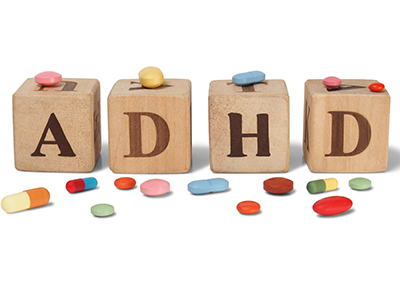




Leave a Comment
Want to join the discussion?Feel free to contribute!